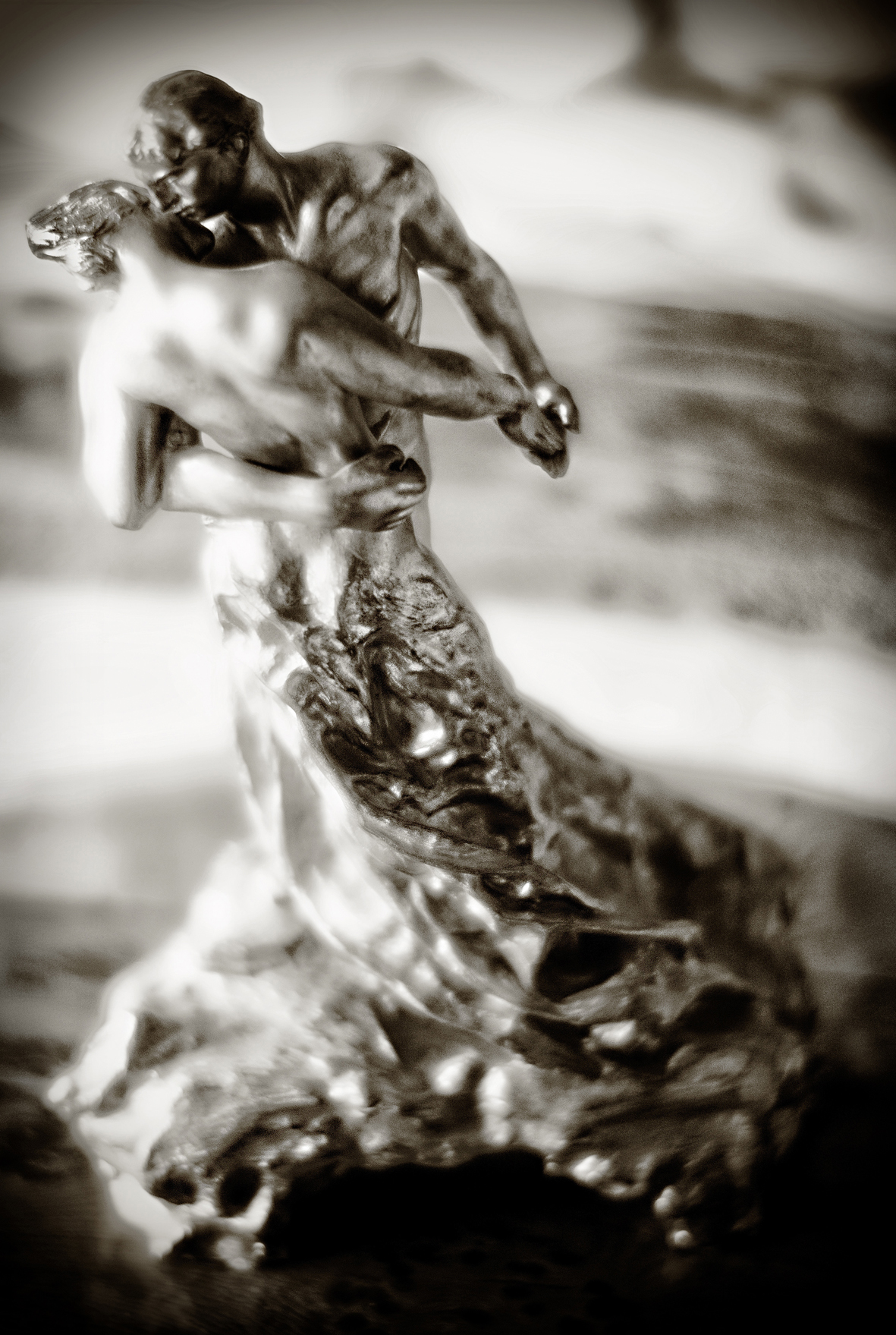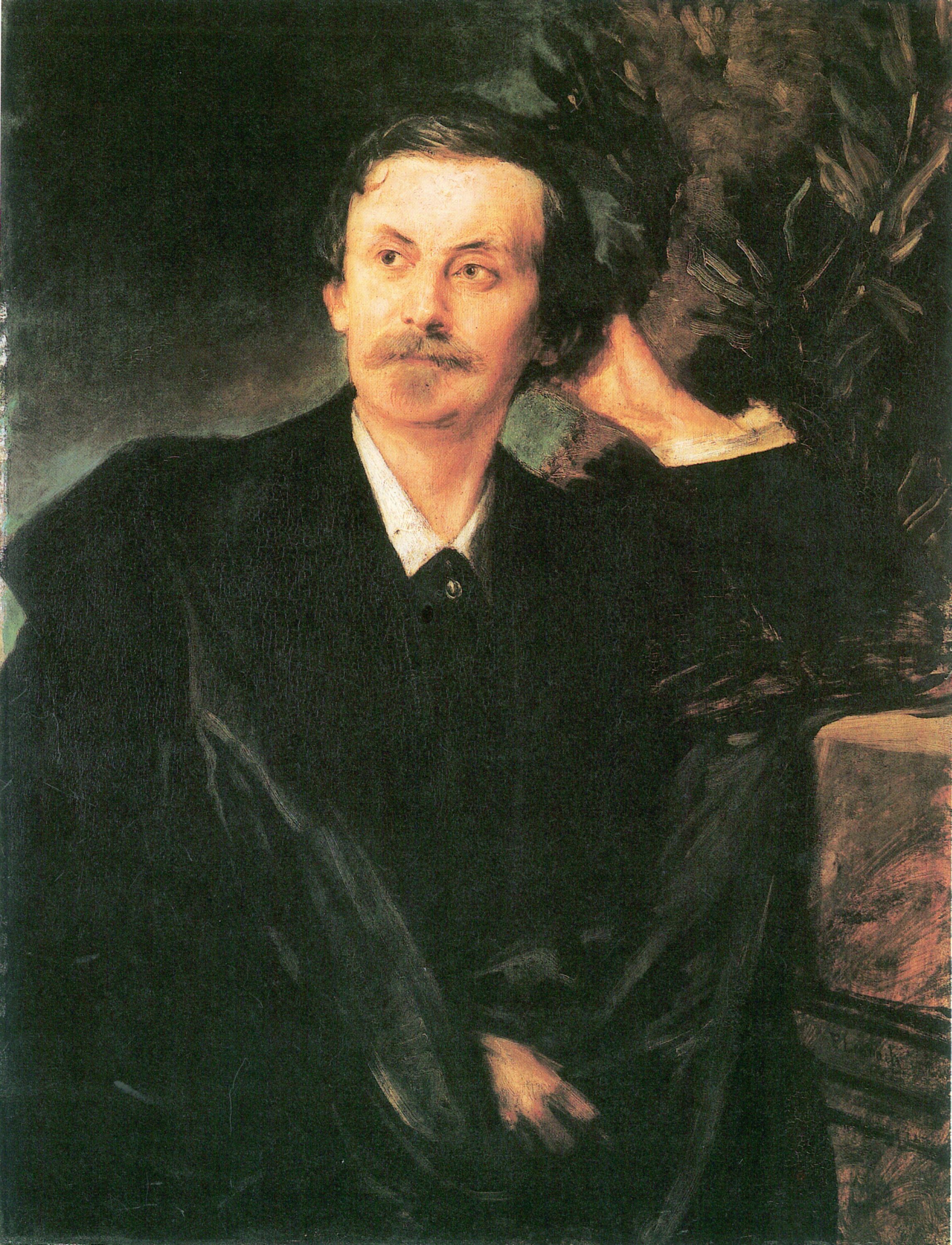|
Trau, Schau, Wem!
Trau, schau, wem! (''Take Care in Whom You Trust!''), Op. 463, is a waltz composed by Johann Strauss II. The composition was dedicated to the portrait painter Franz von Lenbach. It was based on melodies from Strauss's operetta '' Waldmeister'' – the work is therefore also known as "Waldmeister Walzer". It premiered on 15 December 1895 in the Golden Hall of the Vienna Musikverein, conducted by Eduard Strauss Eduard "Edi" Strauss (15 March 1835 – 28 December 1916) was an Austrian composer who, together with his brothers Johann Strauss II and Josef Strauss made up the Strauss musical dynasty. He was the son of Johann Strauss I and Maria Anna Streim. .... References 1895 compositions Waltzes by Johann Strauss II {{classical-composition-stub ... [...More Info...] [...Related Items...] OR: [Wikipedia] [Google] [Baidu] |
Waltz
The waltz ( ), meaning "to roll or revolve") is a ballroom and folk dance, normally in triple ( time), performed primarily in closed position. History There are many references to a sliding or gliding dance that would evolve into the waltz that date from 16th-century Europe, including the representations of the printmaker Hans Sebald Beham. The French philosopher Michel de Montaigne wrote of a dance he saw in 1580 in Augsburg, where the dancers held each other so closely that their faces touched. Kunz Haas (of approximately the same period) wrote, "Now they are dancing the godless ''Weller'' or ''Spinner''."Nettl, Paul. "Birth of the Waltz." In ''Dance Index'' vol 5, no. 9. 1946 New York: Dance Index-Ballet Caravan, Inc. pages 208, 211 "The vigorous peasant dancer, following an instinctive knowledge of the weight of fall, uses his surplus energy to press all his strength into the proper beat of the bar, thus intensifying his personal enjoyment in dancing." Around 1750, ... [...More Info...] [...Related Items...] OR: [Wikipedia] [Google] [Baidu] |
Johann Strauss II
Johann Baptist Strauss II (25 October 1825 – 3 June 1899), also known as Johann Strauss Jr., the Younger or the Son (german: links=no, Sohn), was an Austrian composer of light music, particularly dance music and operettas. He composed over 500 waltzes, polkas, quadrilles, and other types of dance music, as well as several operettas and a ballet. In his lifetime, he was known as "The Waltz King", and was largely responsible for the popularity of the waltz in Vienna during the 19th century. Some of Johann Strauss's most famous works include "The Blue Danube", "Kaiser-Walzer" (Emperor Waltz), "Tales from the Vienna Woods", "Frühlingsstimmen", and the "Tritsch-Tratsch-Polka". Among his operettas, ''Die Fledermaus'' and ''Der Zigeunerbaron'' are the best known. Strauss was the son of Johann Strauss I and his first wife Maria Anna Streim. Two younger brothers, Josef and Eduard Strauss, also became composers of light music, although they were never as well known as their brot ... [...More Info...] [...Related Items...] OR: [Wikipedia] [Google] [Baidu] |
Franz Von Lenbach
Franz Seraph Lenbach, after 1882, Ritter von Lenbach (13 December 1836 – 6 May 1904), was a German painter known primarily for his portraits of prominent personalities from the nobility, the arts, and industry. Because of his standing in society, he was often referred to as the "Malerfürst" (Painter Prince). Biography His father, who originally came from South Tyrol where the family name was spelled "Lempach", was a Master Mason for Schrobenhausen, where Lenbach was born. Lenbach completed his primary education at Landsberg in 1848, then attended a business school in Landshut. From 1851 to 1852, he was apprenticed to the sculptor Anselm Sickinger in Munich. At that time, his father died and he went home to help in the family business. He was only there a short time before beginning studies at the Augsburg University of Applied Sciences. While there, he drew and painted in his spare time, befriended Johann Baptist Hofner (1832–1913), the animal painter, and decided to beco ... [...More Info...] [...Related Items...] OR: [Wikipedia] [Google] [Baidu] |
Operetta
Operetta is a form of theatre and a genre of light opera. It includes spoken dialogue, songs, and dances. It is lighter than opera in terms of its music, orchestral size, length of the work, and at face value, subject matter. Apart from its shorter length, the operetta is usually of a light and amusing character. It sometimes also includes satirical commentaries. "Operetta" is the Italian diminutive of "opera" and was used originally to describe a shorter, perhaps less ambitious work than an opera. Operetta provides an alternative to operatic performances in an accessible form targeting a different audience. Operetta became a recognizable form in the mid-19th century in France, and its popularity led to the development of many national styles of operetta. Distinctive styles emerged across countries including Austria-Hungary, Germany, England, Spain, the Philippines, Mexico, Cuba, and the United States. Through the transfer of operetta among different countries, cultural cosmop ... [...More Info...] [...Related Items...] OR: [Wikipedia] [Google] [Baidu] |
Waldmeister
''Waldmeister'' (''Woodruff'') is an operetta written by Johann Strauss II to a libretto by . It was first performed on 4 December 1895 at the Theater an der Wien. Although not as popular as some of Strauss' other operettas, such as ''Der Zigeunerbaron'' and ''Die Fledermaus'', it was given eighty-eight performances, and was much admired by Johannes Brahms, a friend of the composer. Roles Synopsis Overture \relative b' Act 1 ''The inside of a mill in the forest'' The apprentice foresters are on a hunting trip to the mill in the forest with the singer Pauline and her friends when they are surprised by the rain and get completely drenched. They are given dry clothes by the miller boys and maids of foreman Martin for a good price. Professor Müller, who is applying for a job at the forest academy and botanizing in the forest, is also driven into the mill by the rain. He meets the cute Jeanne, Pauline's travel companion, whom he likes and who, like everything that interests ... [...More Info...] [...Related Items...] OR: [Wikipedia] [Google] [Baidu] |
Musikverein
The ( or ; ), commonly shortened to , is a concert hall in Vienna, Austria, which is located in the Innere Stadt district. The building opened in 1870 and is the home of the Vienna Philharmonic orchestra. The acoustics of the building's 'Great Hall' () have earned it recognition alongside other prominent concert halls, such as the Konzerthaus Berlin, Konzerthaus in Berlin, the Concertgebouw in Amsterdam and Symphony Hall, Boston, Symphony Hall in Boston. With the exception of Boston's Symphony Hall, none of these halls was built in the modern era with the application of architectural acoustics, and all share a long, tall and narrow Shoebox style, shoebox shape. Building The 's main entrance is situated on Musikvereinsplatz, between Karlsplatz and . The building is located behind the Hotel Imperial that fronts on Kärntner Ring, which is part of the Vienna Ring Road (Ringstraße). It was erected as the new concert hall run by the Gesellschaft der Musikfreunde, Society of Frien ... [...More Info...] [...Related Items...] OR: [Wikipedia] [Google] [Baidu] |
Eduard Strauss
Eduard "Edi" Strauss (15 March 1835 – 28 December 1916) was an Austrian composer who, together with his brothers Johann Strauss II and Josef Strauss made up the Strauss musical dynasty. He was the son of Johann Strauss I and Maria Anna Streim. The family dominated the Viennese light music world for decades, creating many waltzes and polkas for many Austrian nobility as well as dance-music enthusiasts around Europe. He was affectionately known in his family as 'Edi'. Life and music Eduard Strauss' style was individual and did not attempt to emulate the works of his other brothers or his contemporaries. But he was primarily remembered and recognized as a dance music conductor rather than as a major composer in the , and his popularity was overshadowed by that of his elder brothers. Realising this, he stamped his own mark with the quick polka, known in German as the "polka-schnell". Among the more popular polkas that he penned for the Strauss Orchestra, which he continued to co ... [...More Info...] [...Related Items...] OR: [Wikipedia] [Google] [Baidu] |
Naxos Records
Naxos comprises numerous companies, divisions, imprints, and labels specializing in classical music but also audiobooks and other genres. The premier label is Naxos Records which focuses on classical music. Naxos Musical Group encompasses about 17 labels including Naxos Records, Naxos Audiobooks, and Naxos Books (ebooks). There are about an additional 50 labels that are independent of the Naxos Musical Group with a wide range of offerings. The company was founded in 1987 by Klaus Heymann, a German-born resident of Hong Kong. Naxos Records Naxos Records is a record label specializing in classical music. The company was known for its budget pricing of discs, with simpler artwork and design than most other labels. In the 1980s, Naxos primarily recorded central and eastern European symphony orchestras, often with lesser-known conductors, as well as upcoming and unknown musicians, to minimize recording costs and maintain its budget prices. In more recent years, Naxos has taken advan ... [...More Info...] [...Related Items...] OR: [Wikipedia] [Google] [Baidu] |
1895 Compositions
Events January–March * January 5 – Dreyfus affair: French officer Alfred Dreyfus is stripped of his army rank, and sentenced to life imprisonment on Devil's Island. * January 12 – The National Trust for Places of Historic Interest or Natural Beauty is founded in England by Octavia Hill, Robert Hunter and Canon Hardwicke Rawnsley. * January 13 – First Italo-Ethiopian War: Battle of Coatit – Italian forces defeat the Ethiopians. * January 17 – Félix Faure is elected President of the French Republic, after the resignation of Jean Casimir-Perier. * February 9 – Mintonette, later known as volleyball, is created by William G. Morgan at Holyoke, Massachusetts. * February 11 – The lowest ever UK temperature of is recorded at Braemar, in Aberdeenshire. This record is equalled in 1982, and again in 1995. * February 14 – Oscar Wilde's last play, the comedy ''The Importance of Being Earnest'', is first shown at St James's Theatr ... [...More Info...] [...Related Items...] OR: [Wikipedia] [Google] [Baidu] |

.jpg)

.jpg)


